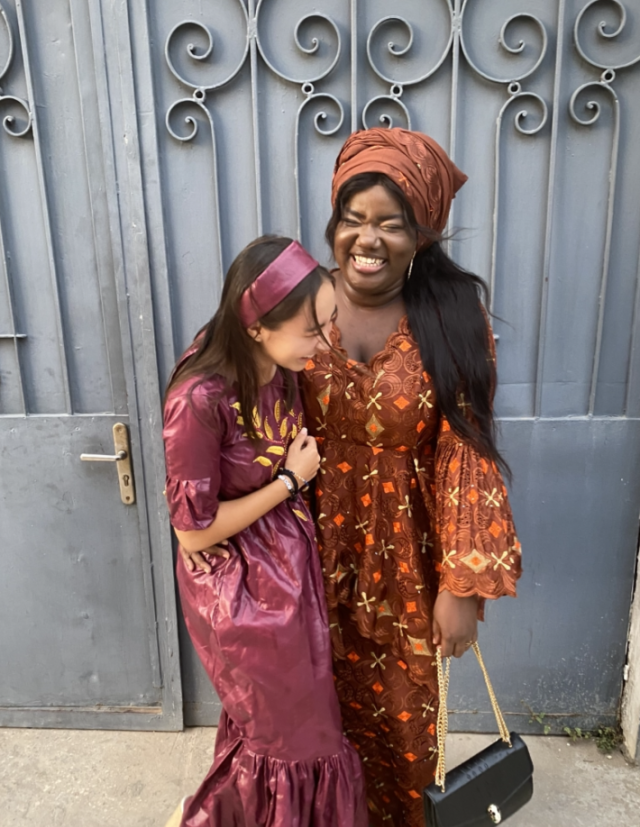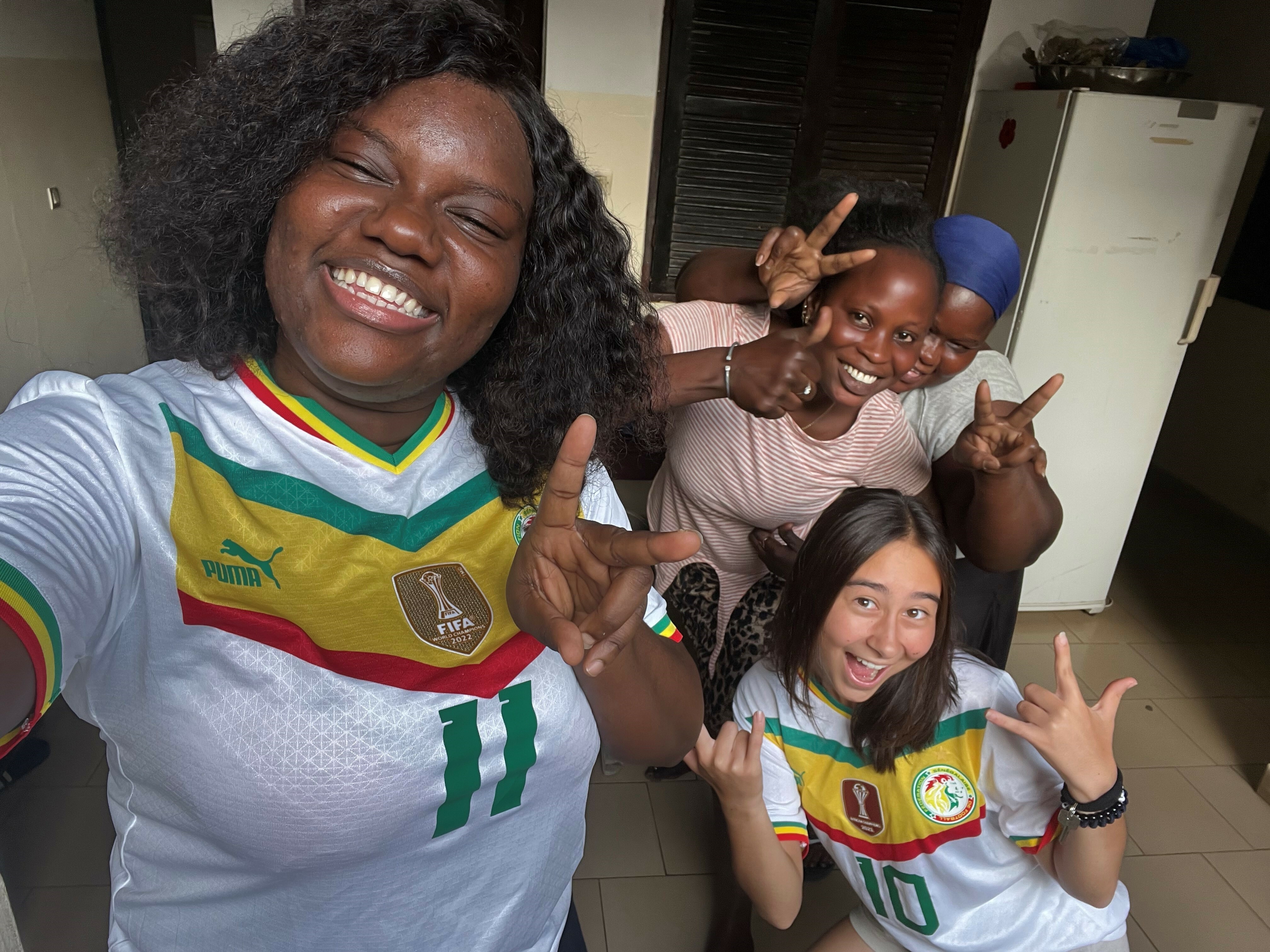StoriesBack to Stories
(In)Formally Becoming a Part of the Family

Going into my year-abroad in Senegal, I had one goal that was at the top of my list: I wanted to have a good relationship with my host family. I wanted my host family to be my second family, to become as close to them as I was with my natural family at home.
Growing up, I was always taught the importance of respect, and I often associated that with formality. I thought there is a way you are supposed to conduct yourself in front of the people who you respect: be polite and say your “pleases and thank yous.” This of course helped me have a great base relationship with my host family, but I could never seem to break down the barrier of formality I held up. As a result, my interactions with my host family inevitably had a feeling of stiffness.
Thus, after three months of living with my host family, I was feeling extremely frustrated. There was nothing inherently wrong with my relationship with my host family. I liked them, and, as far as I could tell, they had no issues with me. But our relationship still felt more like I was a guest in their home, tiptoeing around them and being hyper-aware of every movement I made to not disturb anyone.
Then, I started to turn this feeling of frustration that I was feeling about our relationship towards them. Why weren't they being more open? They were always joking with each other, so why couldn't they do that with me? Why did they make me feel like I was always just looking in from the outside?
One night, I was having dinner with my elderly host mom and my adult host sister. A frequent discussion at the end of our family dinners is who will finish the remaining food when everyone is full—often ending in a compromise of splitting the food equally between my host sister and me. On this specific night, my host sister divided the food with me having the undeniably larger half.
My host mom came to my rescue and pushed more food towards my host sister in our shared bowl (in Senegal, families traditionally all eat together around a large, shared bowl). My host sister reciprocated, fighting my host mom's fork with her own. For a second, I was unsure what to do. Could I join in on the fight to distribute the leftover rice? That certainly would not be the well-mannered thing to do, but I did it anyway, and soon a battle royal ensued between the three of us via our forks.
The fork fight lasted no longer than 10 seconds, but of course carried our laughter throughout the rest of the meal. And while it was a small moment, it felt so beautiful in its simplicity. It felt like I was effortlessly having fun with my family, without the barrier I put up to uphold some sort of formality between us. It was the first time I felt this barrier really disappear.
This little fork fight in the grand scheme of the year was small, but it helped me change my perspective on my interactions with my host family. I didn't have to be a perfectly composed student for them to like me. While I had spent the first three months trying to take up as little space as possible, I realized that they chose to be a host family—they wanted me there. And it wasn't up to them to reach out to break the formality--it was up to me.

Inspired by the fork battle, I started teasing my host siblings, joking around with my host mom, and allowing myself to just look silly sometimes. It felt extremely uncomfortable at first, perhaps even more forced than the formality. I would sit next to my host sister and practice in a foreign language what I would say to tease her in my head before I said it. But slowly it became more natural, and what used to be evenings of them joking and me listening turned into all of us laughing together—even if sometimes I was the butt of the joke. By the end of the program, with only one month left in Senegal, I really did feel like my host family had become a second family to me, in a way that, at three months in, I could never have imagined.





